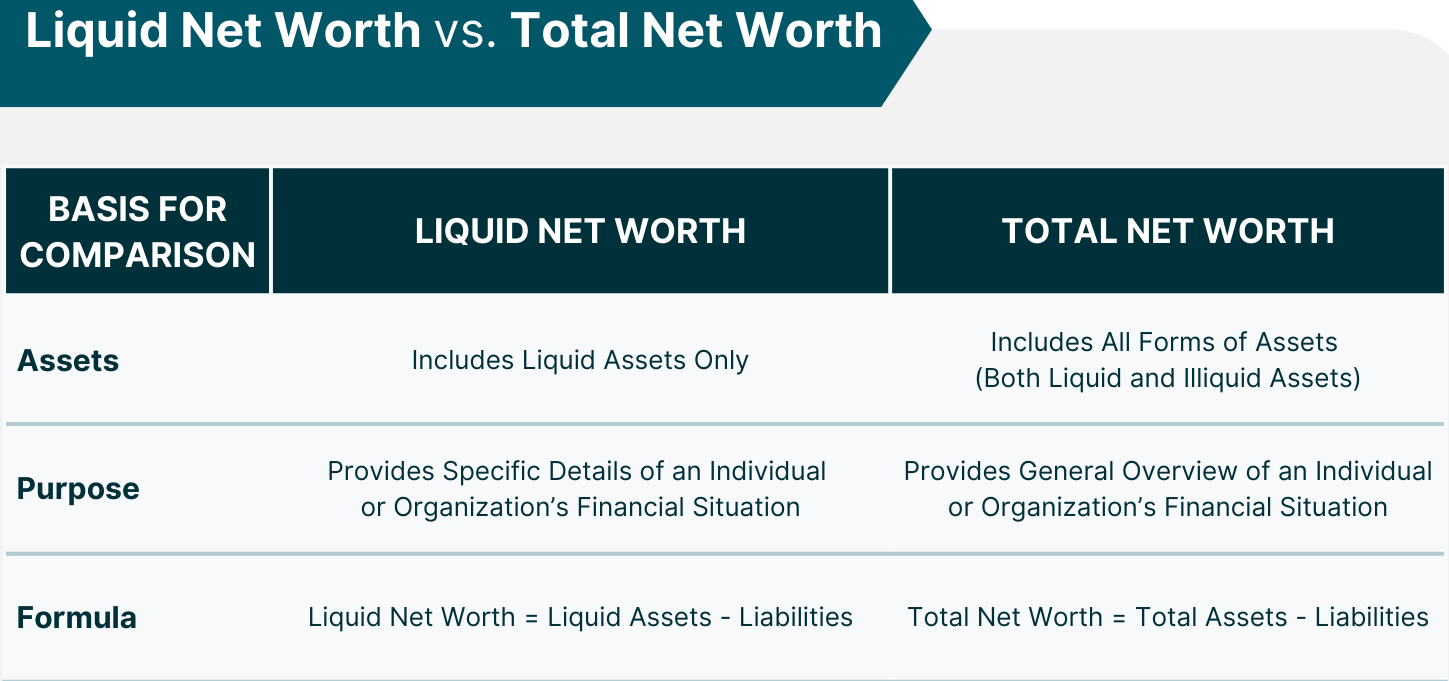Can LLP take loan from outsiders?
Can LLP Take Loan From Outsiders A Limited Liability Partnership (LLP) is a relatively recent business structure that combines the benefits of both partnerships and companies. It offers the flexibility of a partnership while providing the limited liability protection of a company. One of the key concerns for LLPs, especially for those looking to expand… Read More »









